Serbia's speedy EU accession – "illusion”
Serbia cannot receive candidate status before 2011, writes WAZ.EUobserver in an article titled “Serbia's great accession illusion”.
Tuesday, 09.02.2010.
12:56

Serbia cannot receive candidate status before 2011, writes WAZ.EUobserver in an article titled “Serbia's great accession illusion”. In the best case scenario, without political factors slowing down the process, accession talks could start in 2012 and be concluded in 2016, with actual entry in 2018. However, in view of likely complications down the road, 2020 is a much more realistic estimate, the article say. Serbia's speedy EU accession – "illusion” Belgrade handed in its application for membership in December. It will not be processed until the country fully co-operates with the Hague Tribunal, the WAZ.EUobserver pointed out. In practical terms, this means first and foremost arresting and handing over to the Hague Tribunal Ratko Mladic, the former Bosnian Serb military leader allegedly responsible for the 1995 Srebrenica massacre. Once Belgrade delivers Mladic, member states will need a few weeks to mandate the European Commission to prepare a formal "opinion" on Serbia's application. Finalization of this assessment will require another year or longer. The assessment will form the basis of a political debate on the merits of the bid for membership, the article reads. Until now, no EU member state has made Serbia's candidate status conditional on Belgrade recognizing the independence of Kosovo. It is, however, clear that Serbia, if it is to become an EU candidate, will have to be more constructive over Kosovo as all decisions related to enlargement are taken by consensus, WAZ.EUoserver emphasized. Before membership talks can begin, the preparatory Stabilization and Association Agreement (SAA) must come into force. That requires ratification by all 27 member states. On previous experience, the process will take at least two years. According to the analysis, during this phase the Kosovo issue is likely to determine the speed of progress. Member states that have recognized Kosovo's independence could use the SAA ratification to pressure Serbia into concessions on its breakaway province. That need not necessarily lead to a slow-down if Serbia agrees to a solution acceptable to the EU and Pristina, Brussels could reward it with an early starting date for accession talks. Even then, they will not begin before 2012, the WAZ.EUobserver warns. It states that Serbia has better administrative capacities than its neighboring countries and that during accessions talks, which will take at least four years, there will be additional opportunities to bring them up to the EU standards. Contrary to previous enlargements, a certain number of criteria have to be fulfilled even before a negotiating chapter on a particular body of legislation is opened. Moreover, many EU states have introduced rules under which the opening and closing of chapters have to be examined and approved by the foreign affairs committees of their national parliaments and application of the "Copenhagen criteria" - a set of requirements dealing mainly with human rights and democracy - for accession has become stricter than ever as a consequence of continuing post-entry problems with Bulgaria and Romania. According to the 2008 enlargement strategy, the EU will not give target dates for accession until near-completion of the negotiations. In the best case scenario, the talks could be concluded and the accession treaty signed in 2017. That would be followed by one and a half years of ratification in all EU member states and the European Parliament, with formal entry taking place in 2018. “Even if Serbia manages to sail through the negotiations without the Kosovo issue being brought to a definitive solution, there can be no doubt that the countries recognizing Kosovo's independence will not give a green light for accession unless a Kosovo deal is struck. No one in the EU is ready to admit another Cyprus,” the analysis concludes
Serbia's speedy EU accession – "illusion”
Belgrade handed in its application for membership in December. It will not be processed until the country fully co-operates with the Hague Tribunal, the WAZ.EUobserver pointed out.In practical terms, this means first and foremost arresting and handing over to the Hague Tribunal Ratko Mladić, the former Bosnian Serb military leader allegedly responsible for the 1995 Srebrenica massacre.
Once Belgrade delivers Mladić, member states will need a few weeks to mandate the European Commission to prepare a formal "opinion" on Serbia's application.
Finalization of this assessment will require another year or longer. The assessment will form the basis of a political debate on the merits of the bid for membership, the article reads.
Until now, no EU member state has made Serbia's candidate status conditional on Belgrade recognizing the independence of Kosovo.
It is, however, clear that Serbia, if it is to become an EU candidate, will have to be more constructive over Kosovo as all decisions related to enlargement are taken by consensus, WAZ.EUoserver emphasized.
Before membership talks can begin, the preparatory Stabilization and Association Agreement (SAA) must come into force. That requires ratification by all 27 member states.
On previous experience, the process will take at least two years.
According to the analysis, during this phase the Kosovo issue is likely to determine the speed of progress. Member states that have recognized Kosovo's independence could use the SAA ratification to pressure Serbia into concessions on its breakaway province.
That need not necessarily lead to a slow-down if Serbia agrees to a solution acceptable to the EU and Priština, Brussels could reward it with an early starting date for accession talks. Even then, they will not begin before 2012, the WAZ.EUobserver warns.
It states that Serbia has better administrative capacities than its neighboring countries and that during accessions talks, which will take at least four years, there will be additional opportunities to bring them up to the EU standards.
Contrary to previous enlargements, a certain number of criteria have to be fulfilled even before a negotiating chapter on a particular body of legislation is opened.
Moreover, many EU states have introduced rules under which the opening and closing of chapters have to be examined and approved by the foreign affairs committees of their national parliaments and application of the "Copenhagen criteria" - a set of requirements dealing mainly with human rights and democracy - for accession has become stricter than ever as a consequence of continuing post-entry problems with Bulgaria and Romania.
According to the 2008 enlargement strategy, the EU will not give target dates for accession until near-completion of the negotiations. In the best case scenario, the talks could be concluded and the accession treaty signed in 2017.
That would be followed by one and a half years of ratification in all EU member states and the European Parliament, with formal entry taking place in 2018.
“Even if Serbia manages to sail through the negotiations without the Kosovo issue being brought to a definitive solution, there can be no doubt that the countries recognizing Kosovo's independence will not give a green light for accession unless a Kosovo deal is struck. No one in the EU is ready to admit another Cyprus,” the analysis concludes






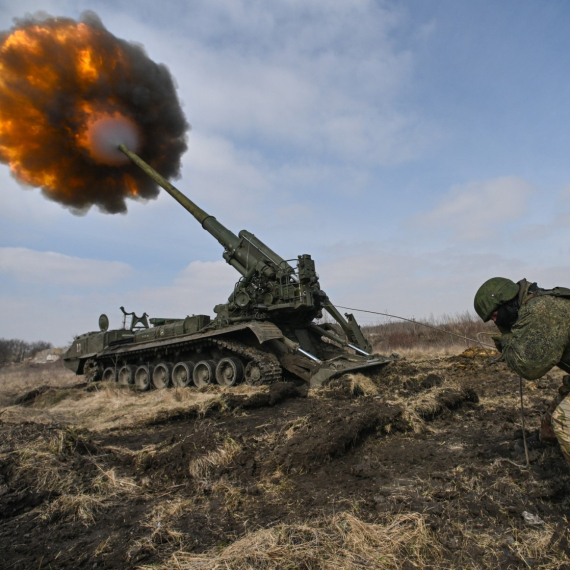







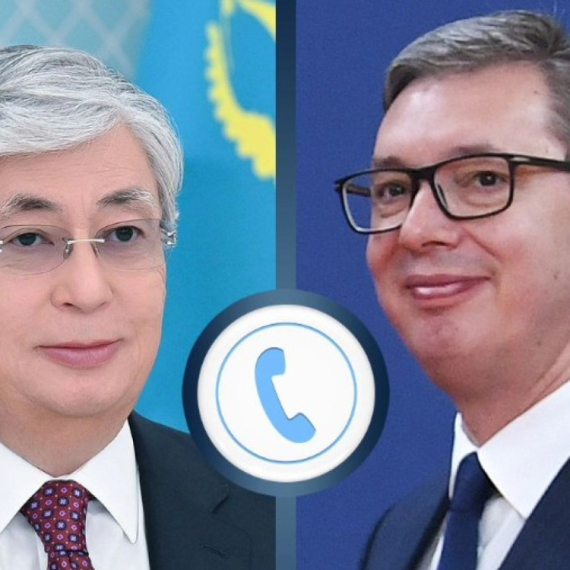
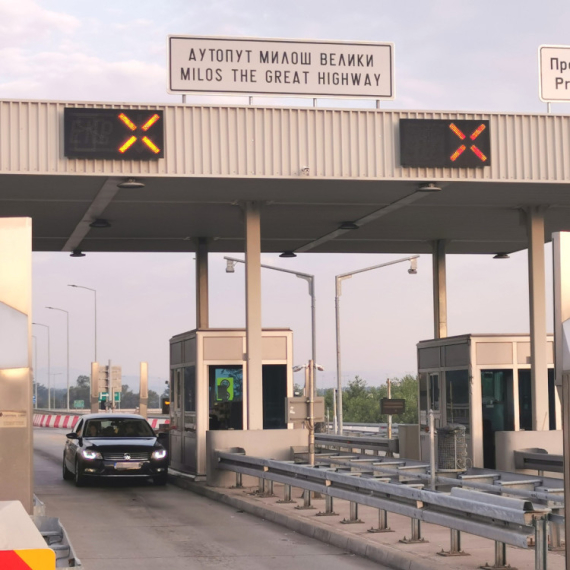











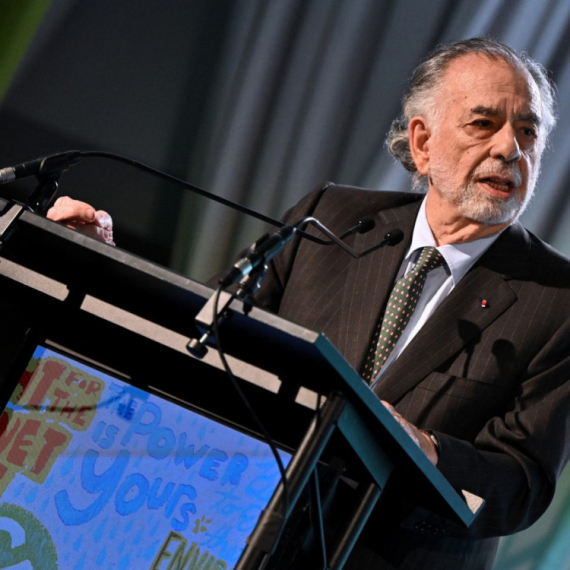











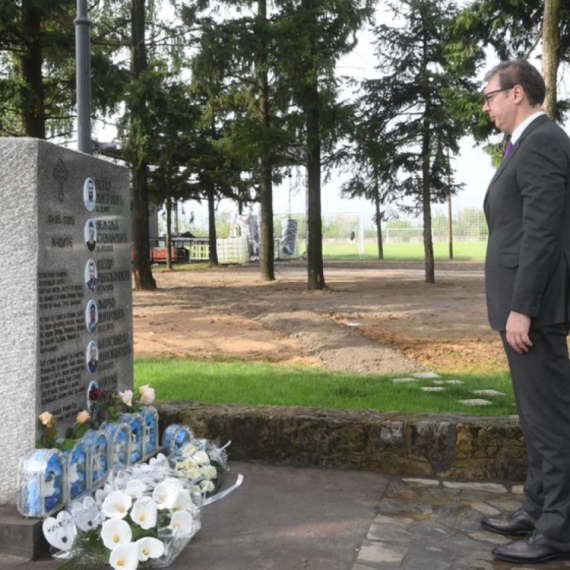

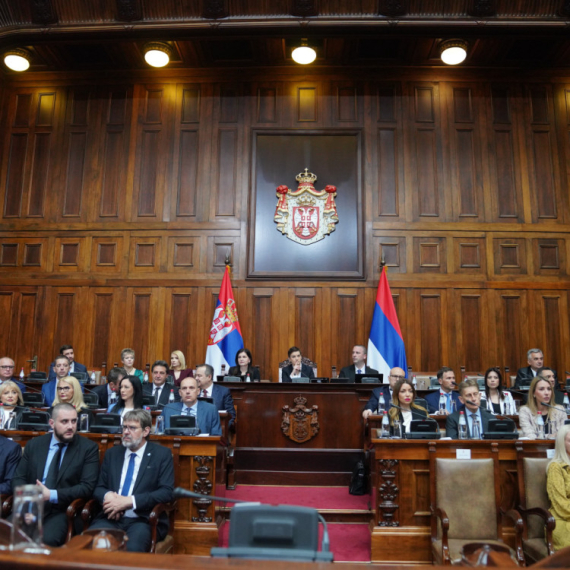













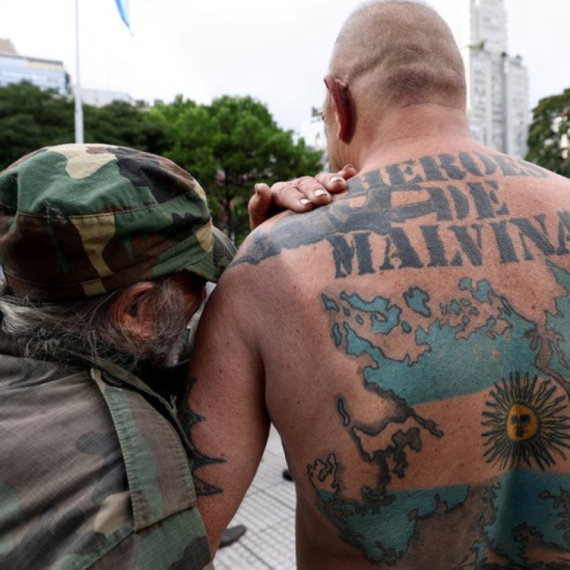


Komentari 20
Pogledaj komentare